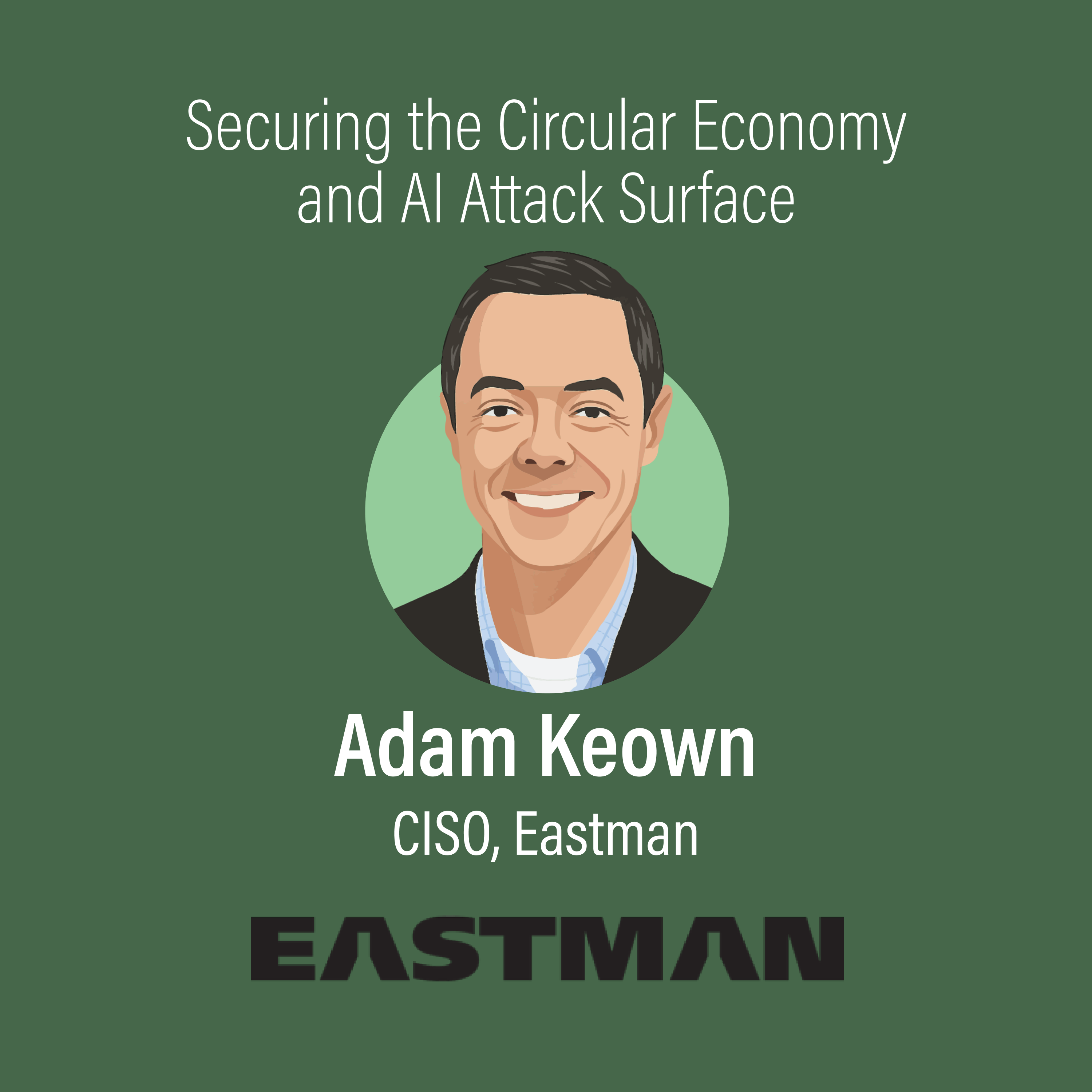Real World Risks: AI & Cybersecurity in Crisis Zones
On the 27th episode of Enterprise AI Defenders, hosts Evan Reiser and Mike Britton, both executives at Abnormal AI, talk with Gareth Packham, Chief Information Security Officer at Save the Children International. Save the Children is one of the world's largest nonprofit organizations focused on protecting the rights and well-being of children. Operating in over 100 countries, it delivers healthcare, education, and emergency response programs—often in high-risk, conflict-affected areas. In this conversation, Gareth shares insights on the life-or-death stakes of cybersecurity in humanitarian work, the rising danger of AI-powered impersonation and fraud, and why driving behavioral change—not just awareness—is the next frontier in protecting global organizations.
For Gareth, cybersecurity is about far more than information integrity—it's a matter of physical safety. "Without sounding glib or flippant," he explains, "it really isn't. It can be a matter of life and death." Save the Children works in conflict zones, refugee camps, and disaster-hit areas. Many of the people they serve—and even some of their staff—face direct threats if sensitive data falls into the wrong hands. “We have information on children and families…they may be internally displaced, they may be refugees,” he says. "Some of our staff are quite high-risk individuals, and in the wrong hands, information on their location could put them at risk of physical harm." This reality forces Gareth's team to think differently about even the most basic controls. For example, field staff still use USB drives to share data in areas with no internet connectivity. "I can't just lock down every USB port…because that has real-world implications."
That high-stakes environment makes the rise of AI-powered impersonation even more concerning. While most cybersecurity leaders monitor phishing and business email compromise, Gareth focuses on a fast-emerging threat: deepfake video and audio impersonations. "A few years ago, we started to see a spike in business email compromise," he explains. "Now, when someone says, 'Let's jump on a call,' and you see a video of someone that looks like your CEO…and they're saying, 'Oh yeah, it's for this reason. Approve that,' You really need to challenge that." In a global organization where many employees don't personally know leadership, these attacks are far more convincing—especially when delivered in polished, fluent English. "It's easy to be fooled,” Gareth says. “These attacks work because eventually, you are going to find someone who's A) tired, B) new on the role… or C) [in] bad reception." Traditional security signals aren't always enough, and Gareth is increasingly looking to AI and machine learning to help make real-time judgments about identity and intent.
Gareth believes the real evolution needs to happen in security training to combat these threats—and AI can help defenders move faster. "The challenge with many information security awareness programs is they're too static, and they don't drive behavioral change," he says. His team has rolled out everything from quizzes and games to regional workshops, but the key shift is in how they measure and adapt those interventions. "I'm probably less interested in the click rate," Gareth explains. "I'm more interested in how many people report that [phishing email]." That's where he sees AI not just as a threat but as a powerful tool for progress. "AI gives you that power to start to gather that [risk] together… you apply multiple interventions, and then you look—has that worked in the next three months?" With the proper implementation, Gareth believes AI can help identify high-risk users, tailor engagement strategies, and deliver real-time insight into what's working. Early response to risky behavior is essential to this operation in an environment where the stakes are sometimes life or death.
In a world where cyberattacks are evolving quickly, and the tools to create them are more accessible than ever, Gareth offers a grounded but urgent perspective. His work at Save the Children reminds us that cybersecurity isn't just about systems—it’s about people. Whether he's talking about safeguarding displaced families or building a culture of global vigilance, Gareth is navigating one of the most complex risk environments on the planet. As he puts it, "The attacks will keep increasing. The challenge is: how fast can we adapt?"
Listen to Gareth's episode here and read the transcript here.







